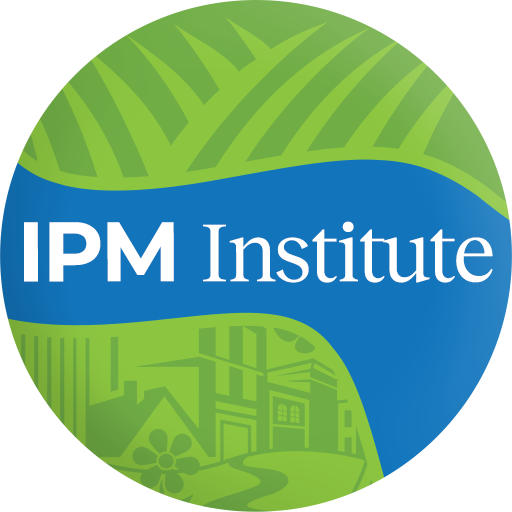The U.S. Department of Agriculture (USDA) National Institute of Food and Agriculture (NIFA) today announced a new competitive opportunity to serve as the National Reporting, Coordination and Communications Office or as one of the four regional Host Institutions for the Sustainable Agriculture Research and Education program (SARE).
SARE’s four regions offer competitive grants for farmers and ranchers, researchers, agricultural educators, and graduate students in the United States. Grants invest in applied research and education on the core components of sustainable agriculture: productivity, profitability, environmental stewardship and quality of life. In particular, research and outreach projects seek to increase knowledge of sustainable agricultural production systems that increase employment opportunities and profitability in agriculture; maintain soil quality, conserve water, natural resources, and wildlife habitat; preserve the quality of surface and ground water; protect the health and safety of people involved in the food and farm system; and promote the well-being of farm animals.
“SARE grants focus on keeping American agriculture profitable while ensuring that we remain responsible stewards of our environment,” said NIFA Director Sonny Ramaswamy.
NIFA is requesting two different types of applications. One type will serve as one of four regional SARE host institutions for five years from Fiscal Year (FY) 2018 through 2022. Each regional host institution collaborates with NIFA to implement regional competitive grant and outreach programs as directed by the Regional Administrative Council (AC). The other type is to serve as the National Reporting, Coordinating and Communications Office (NRCCO) for the SARE program for five (5) years beginning in FY 2018 through FY 2022. The NRCCO works with NIFA and the national SARE Operations Committee to administer national reporting, coordination and communications.
Eligible applicants, as specified by SARE legislation, include land grant colleges or universities, other universities, state agricultural experiment stations, the state cooperative extension services, nonprofit organizations with demonstrable expertise, or federal or state governmental entities. Applications may only be submitted by these types of organizations.
Applications are due by September 28, 2017. See the request for applications for details.
Each SARE region supports a range of projects. Examples of previously funded projects include a Western SARE grant to Montana State University that revealed how simple changes in fertilizer application methods can significantly reduce the amount that evaporates into the air as ammonia gas. As a result of this work, farmers statewide are saving an estimated $5 million per year in improved nutrient use efficiency and crop yield. Another grant from North Central SARE to Laura Christianson, a graduate student at Iowa State University, supported research on the costs, efficiency and farmer perceptions of seven different methods of reducing nitrate loss from tile drained fields. Her findings have subsequently been incorporated into the state nutrient reduction strategies for Iowa and Illinois and she has gone on to become an Assistant Professor at University of Illinois.
Individuals and organizations that wish to apply for SARE project grants should not respond to this opportunity but instead apply to the appropriate SARE regional program. Information about the four SARE regions and their respective grant programs can be found at http://www.sare.org.


